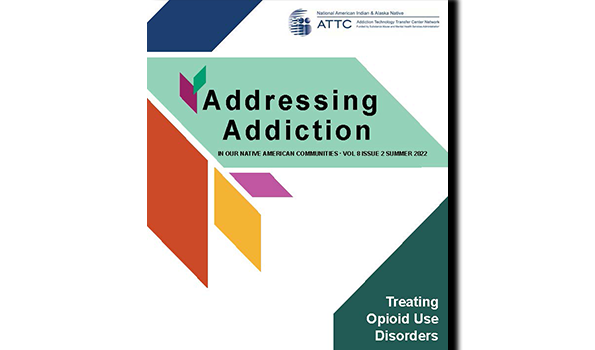Title: Ethics In Gaming: Addressing Addiction and Responsibility

Introduction:
In the modern realm of gaming, ethical considerations play a pivotal role in shaping the relationship between game developers, publishers, and consumers. With the rise of engaging and immersive game experiences, the potential for negative consequences on players' mental, emotional, and financial well-being has come to the fore. This discourse examines the ethical responsibilities of game creators and the need for comprehensive measures to address gaming addiction and promote responsible gaming practices.
Gaming Addiction: An Ethical Dilemma:
The allure of interactive entertainment carries a risk of addiction, characterized by excessive and compulsive gaming habits that can detrimentally impact individuals' lives. The ethical quandary arises from the delicate balance between providing captivating gaming experiences and taking proactive steps to safeguard player well-being. Game developers and publishers hold a significant responsibility to prevent the development and exacerbation of gaming addiction.Transparency and Disclosure:
Honesty and transparency are cornerstones of ethical gaming practices. Game developers and publishers must disclose information about game mechanics and potential risks associated with excessive gameplay. Clear labeling and ratings can help players make informed decisions about their gaming habits. Providing adequate information empowers gamers to actively manage their time and resources and maintain a healthy balance between gaming and other aspects of their lives.Responsible Game Design:
Ethical game design involves creating games that prioritize player well-being and minimize addictive elements. Developers can employ thoughtful design techniques to encourage moderation and prevent compulsive behaviors. Limiting the use of manipulative monetization tactics, such as loot boxes and pay-to-win mechanics, promotes responsible gaming and creates a positive gaming environment.Parental Controls and Age Restrictions:
Recognizing the vulnerability of younger gamers, game developers and publishers have an ethical obligation to implement robust parental control features. These features empower parents and guardians to limit their children's exposure to age-inappropriate content, manage screen time, and monitor online interactions. Clear age restrictions and content ratings help ensure that games align with players' developmental stages and minimize potential risks.Promoting Awareness and Education:
Educating gamers about the potential risks of gaming addiction is crucial. Game developers and publishers can partner with addiction prevention organizations to provide resources and information campaigns that raise awareness about the signs and consequences of excessive gaming. Encouraging gamers to seek help if they suspect an addiction is essential for early intervention and recovery.Collaborative Efforts:
Addressing gaming addiction and promoting responsible gaming requires a collaborative effort involving various stakeholders. Game developers, publishers, industry associations, governments, and player communities can work together to develop comprehensive strategies that address the ethical dimensions of gaming. Collaborative efforts can drive change, foster responsible gaming behaviors, and create a gaming ecosystem that prioritizes player well-being.
Conclusion:
In the landscape of digital entertainment, ethical considerations are paramount to safeguarding player well-being and promoting responsible gaming practices. By embracing transparency, responsible game design, age restrictions, and awareness campaigns, game developers and publishers can create captivating experiences while minimizing potential harms. Collaborative efforts involving industry stakeholders, governments, and player communities can drive positive outcomes and contribute to a gaming landscape that promotes ethical enjoyment and responsible gameplay.















































































































































 Global Online Gambling & iGaming is a full service cash Online Gambling & iGaming marketing consultancy with casino partners situated around the world.
Global Online Gambling & iGaming is a full service cash Online Gambling & iGaming marketing consultancy with casino partners situated around the world.
